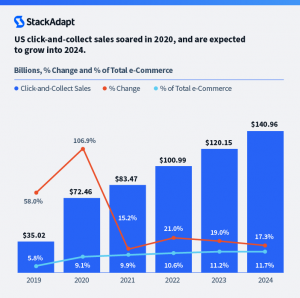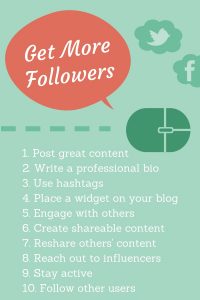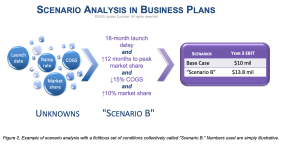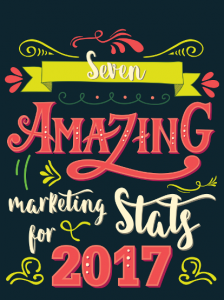Here’s how marketing can impact business through measurement, common goals and improvement to the customer journey.

How should marketers approach the daunting task of reining in and improving the marketing funnel? Recently at The MarTech Conference, two marketing leaders discussed this precise task. (Free registration to view the entire program on-demand.)
Below are some of the highlights of the conversation between Adam Altmark, senior manager, solutions engineering, at security technology company CHEQ and Alex Schutte, senior director, marketing demand generation for human resources software company Paycor.
What they discovered was that marketers need to understand all facets of the funnel and have data ready to make decisions. Beyond that, marketers can use that data to test and improve specific touchpoints and stages in the customer journey. And through it all, keeping aligned with sales helps establish a feedback loop for continued optimization.
Here are some of the details on these three important points.
Understand and analyze your marketing funnel
To optimize your marketing funnel, you need to have a good idea of where your customers engage with your brand. You also need to look at the data to see how these channels are performing.
For most businesses, this begins with your company’s homepage. As Alex pointed out, there should be a steady stream of traffic coming in, and it can be analyzed with GA4.
Here he explained more about starting with the homepage to identify “low-hanging fruit” and moving out from there to better understand the events your business will want to optimize moving forward.
Improve experience to optimize the marketing funnel
After looking at the data, you might find that traffic to a particular touchpoint in the marketing funnel is high, but the conversion rate is low. What could be the cause? Often it has to do with the experience that customers encounter when they arrive there.
Your business should take a data-driven approach to improve the experience. This means A/B testing the design of a website or form that customers are engaging with — or A/B testing specific design elements within the overall design. Compare the conversion rate with the old design against the conversion rate, or other desired KPI, with the new design.
At the top of the funnel, advertising is an important part of demand generation and driving leads. The team at Paycor took a look, specifically, at the ad experience on major digital platforms. Here’s what they found and how they improved this experience.
Align with sales teams
To fully optimize the marketing funnel, changes made in demand gen and other top-funnel stages have to carry over to sales. That means marketing has to be aligned with sales by establishing common metrics and regular communication.
At Paycor this alignment begins at the top, with the senior vice president of marketing reporting to the chief revenue officer. The CRO oversees marketing, sales and revenue ops.
When annual and monthly goals are set, the marketing team signs up for a percentage of overall revenue that is sourced from marketing efforts and campaigns. This includes marketing opportunity goals and sales goals that the marketing team aims to achieve monthly. Marketing uses lead scoring and other metrics to measure the quality of leads (MQL). Paycor’s marketing team also breaks down the metrics by channel and campaign so that they can see which efforts are delivering high quality and volume of leads, and which channels and campaigns need optimizing.
Beyond all the metrics, Alex also finds it important to maintain communication with sales through regular meetings. Here he explains how metrics and communication with sales teams help create a “feedback loop” to ensure further optimization and revenue growth.
With data at hand and the goals in mind, marketing and sales can work together to continue to optimize the marketing funnel and make a real impact on the business.
The post 3 ways to optimize your marketing funnel for driving revenue and leads appeared first on MarTech.
(25)









